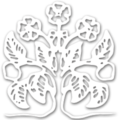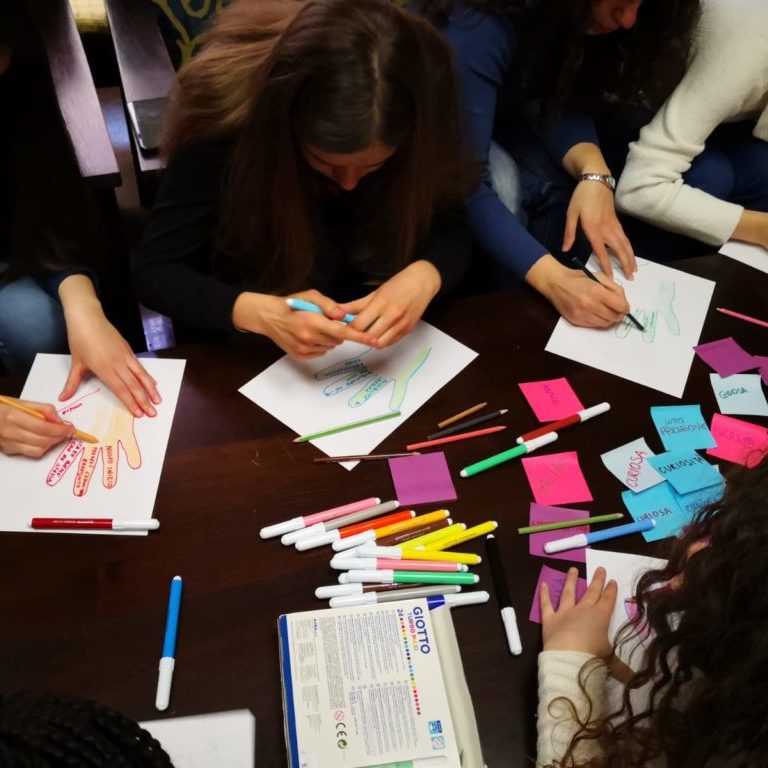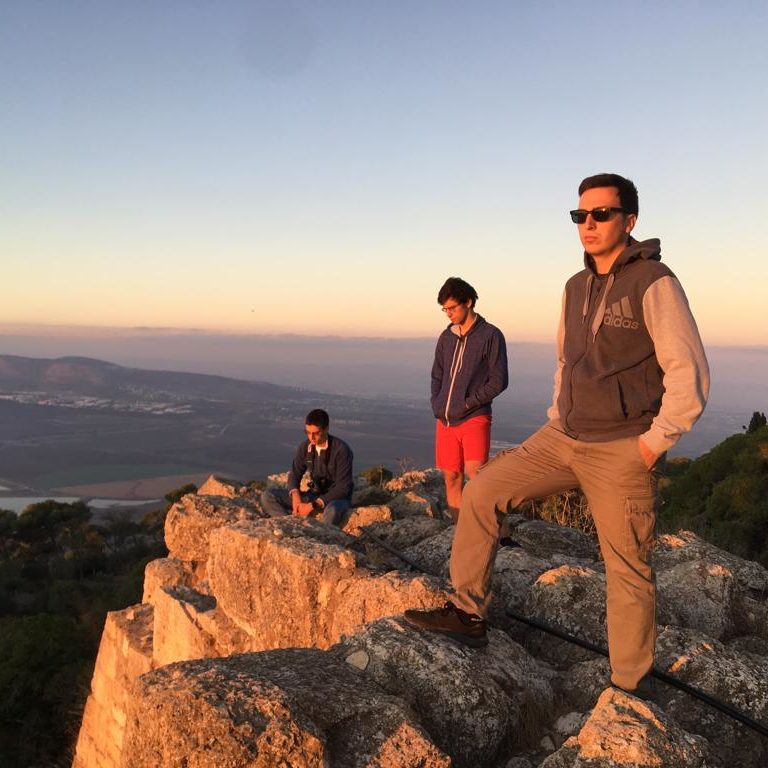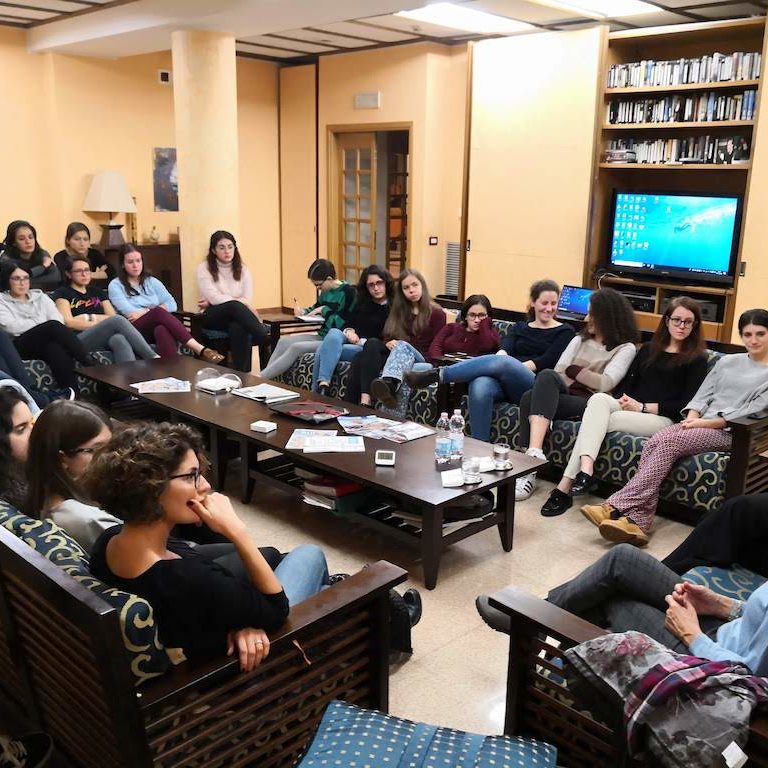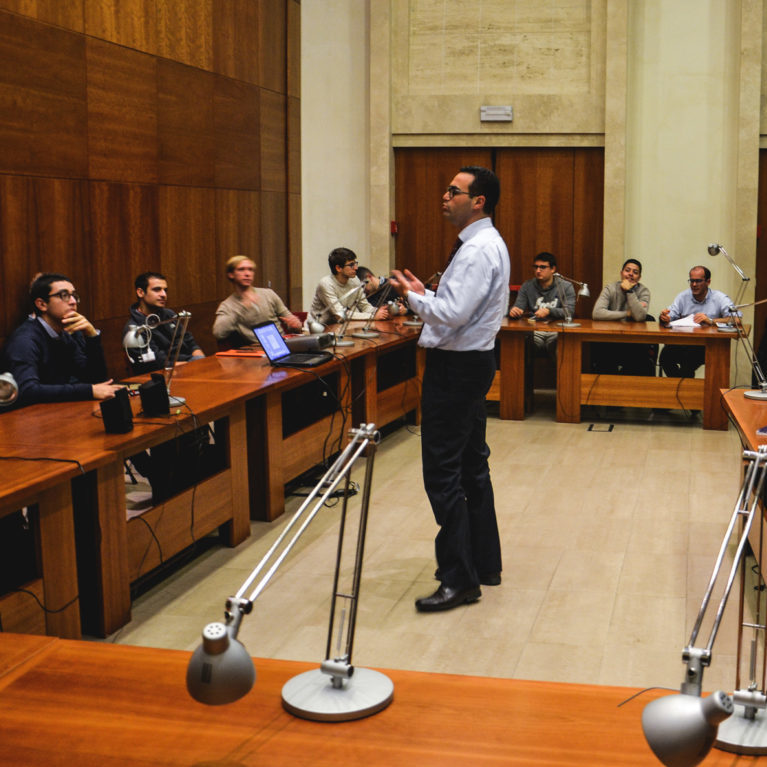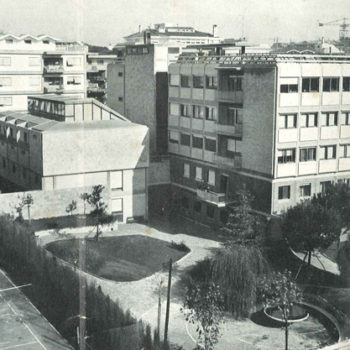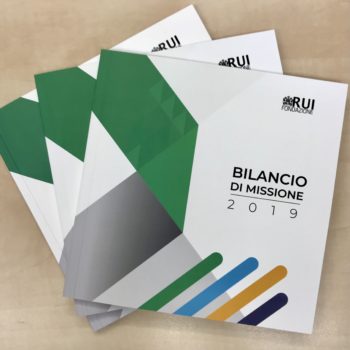Our mission is to prepare university students to be of the best quality, gain skills, reach their full potential, and reflect on fundamental human values to become competent professionals, responsible citizens and people of value dedicated to their family and to the community. People who can make a difference and leave a mark.
The RUI Foundation realizes this vision through:
- a collegial model
- educational activities integrated into your academic program
- activities in support of your studies, internationalization and preparation for the job market
- a cultural program that benefits the whole higher education system, involving various stakeholders: university professors, private companies, associations, public entities, and international institutions.

